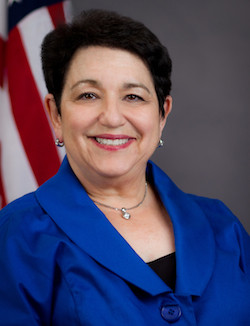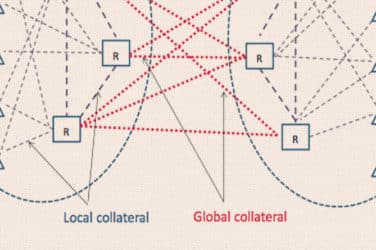
New rules proposed by the U.S. Securities and Exchange Commission will require market participants to have comprehensive policies and procedures in place surrounding their technological systems.
The rules—called Regulation Systems Compliance and Integrity (Regulation SCI)—are set to formalize and make mandatory many of the provisions of the SEC’s Automation Review Policy.
Trading technology is undergoing a facelift as the industry seeks to plug holes that resulted in the Knight Capital snafu and other fiascos.
Over the past two decades, U.S. securities markets have experienced a remarkable evolution from a collection of a few markets that were mostly manual to today where there are a broad variety of many more trading centers that are almost all completely automated and dependent upon sophisticated technology and extremely fast, interconnected systems.
This, combined with the increased speed and capacity of automated systems, has contributed to an impressive surge of trading volume and message traffic.

Elisse Walter, chairman, Securities and Exchange Commission
“While the benefits of technology cannot be overstated, this evolution has increased the complexity of the markets and presents challenges for market participants seeking to manage their information technology programs and ensure compliance with our laws and rules,” said Elisse Walter, chairman of the SEC, in a statement. “Indeed, recent high-profile events have highlighted the systems problems that could arise as a result of a reliance on such technology.”
A more rigorous approach to software development is an essential condition for algorithmic trading, as the Knight episode of last August demonstrated, which saw the U.S. market maker lose $440 million in just 15 minutes due to a faulty algorithm.
And with the advent of drag-and-drop software development, traders can easily and quickly create algorithms and launch them into production, which is potentially creating even greater risks.
Regulation SCI is seeking to ensure that core technology of national securities exchanges, significant alternative trading systems, clearing agencies and plan processors meet certain standards, that they conduct business continuity testing with their members or participants, and that they provide certain notifications regarding systems disruptions and other types of systems issues.
In the aftermath of the May 2010 ‘flash crash’, when the Dow Jones Industrial Average index plunged 1,000 points, almost 9%, only to recover within minutes, the SEC and the exchanges teamed up to devise new protections to keep computer trading errors from spreading too rapidly or inflicting unacceptable harm on the overall market.
The exchanges reformed their rules for breaking trades, instituted single-stock circuit breakers, updated market-wide circuit breakers and implemented limit-up/limit-down mechanisms. These industry-wide system changes utilized a testing methodology that tested for system design integrity.
But a more robust testing environment is being envisaged which would assume breakdowns by all testing participants to visualize the impact on a system’s integrity.
Trading systems provider Cyborg Trading’s Algorithm Development Kit (ADK), part of its Cloud Trader platform, provides a customizable simulation environment in which the functionality, correctness and performance of algorithms.
“Emphasis on quality monitoring and control is must-do in software,” said Peter Metford, chief technology officer at Cyborg Trading System. “All software shops are continuously working on improving coding standards and unit and system test coverage.”
Visibility into quality issues is also achieved with modern software development environments integrating source configuration, UML modelling, continuous builds and automatic testing. “Due to the complexity of advanced trading systems, companies not embracing these techniques will quickly lose customer confidence and fall behind,” said Metford.
As a ‘local sandbox test environment’, ADK provides a dedicated local development machine in order to test functionality throughout the development process, including debugging tools which provide full-code transparency.





